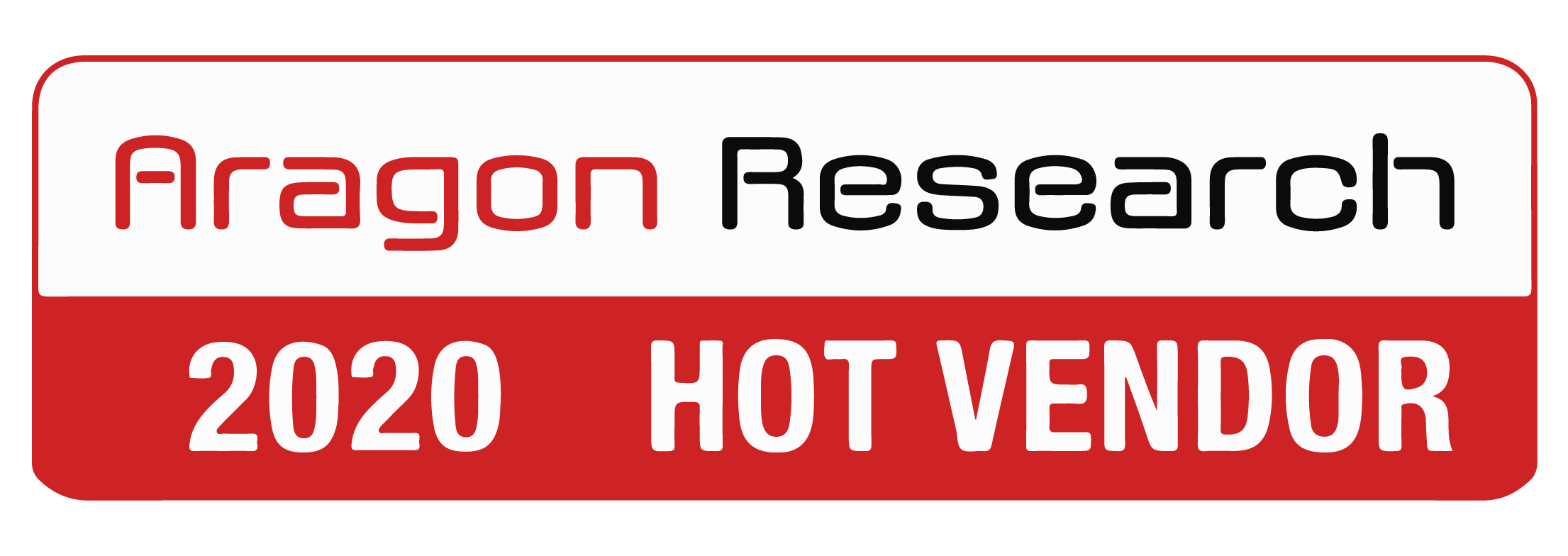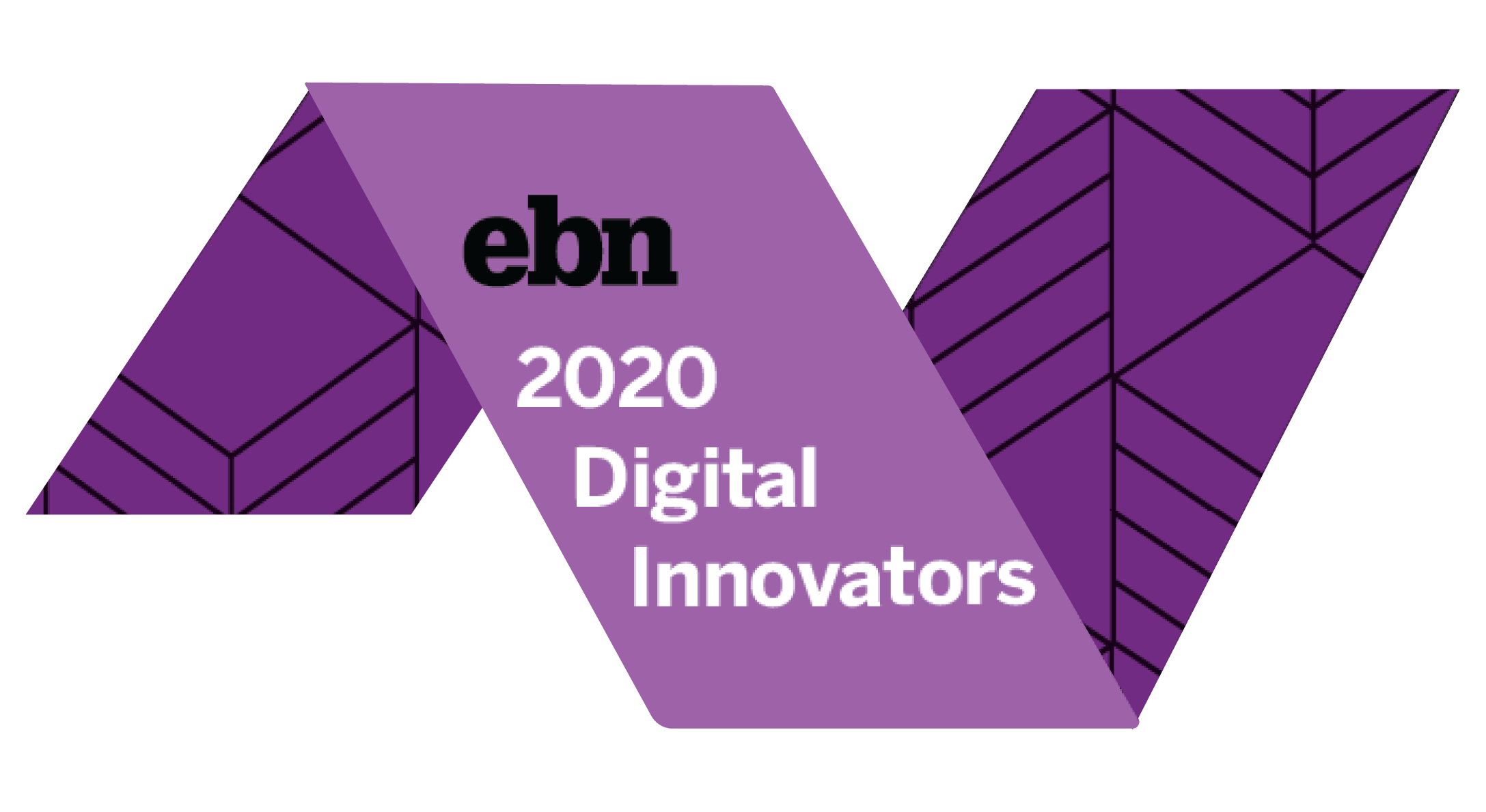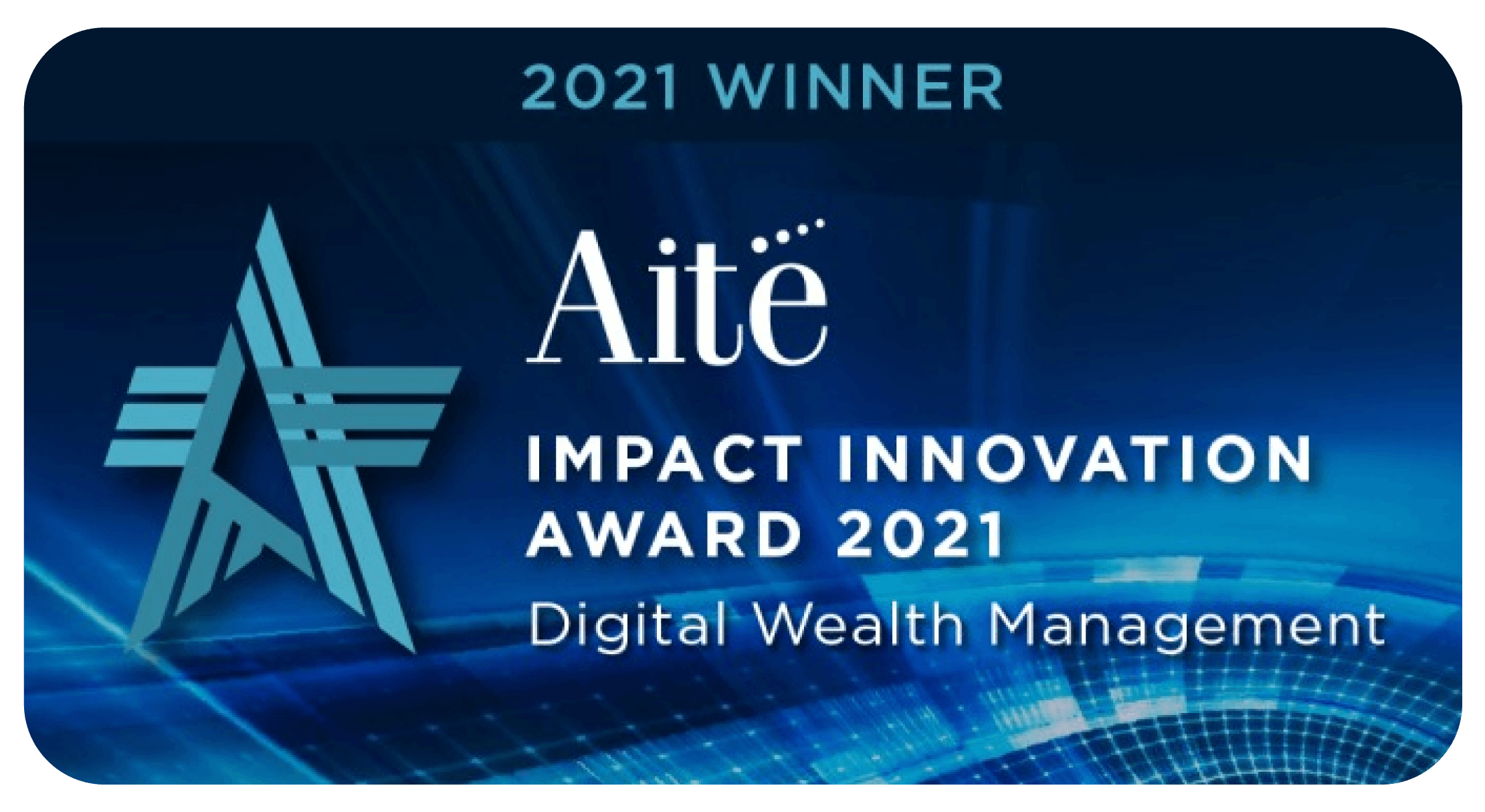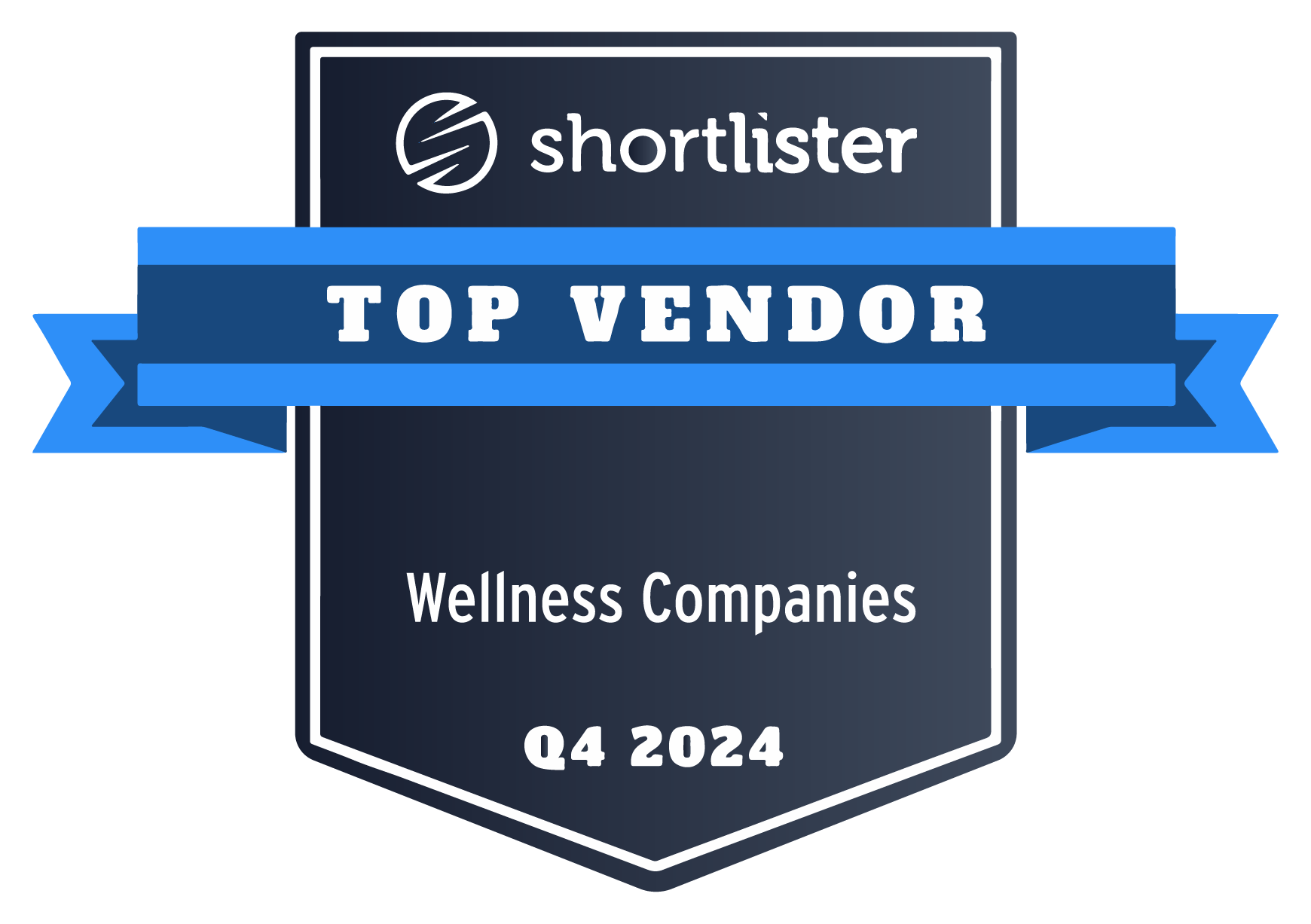Employee well-being, engagement and Diversity, Equity and Inclusion (DE&I) remain at the top of HR leaders’ priorities throughout the country. The constant changes brought on by the pandemic have been stressful for many employees, leading to significant physical and mental health challenges. In addition, the economic damage done to underrepresented groups may take years to mend. These employees have been disproportionately affected by job losses. More than 2.4 million women left the workforce – 46% of them Black and Hispanic even though they represent less than one-third of the total female workforce. Women are more vulnerable due to the burdens of caring for family members, and a larger share is employed in low-wage jobs, leading to steeper job losses than men. These numbers worsen the already large racial wealth gap in the country.
Given the unique financial challenges faced by employees from underrepresented backgrounds, employers have the opportunity to make an impact by fostering a sense of financial security in their employee well-being and DE&I initiatives.
Inclusion Leads To Well-Being
An inclusive workplace is an environment that makes every individual feel respected and welcome. Many companies’ well-intentioned DE&I efforts backfired because they neglected to foster a culture of inclusiveness first. Inclusion, although listed last, is the first concept to focus on. Without inclusion, diversity cannot thrive.
Inclusion also plays an important role in employee engagement and well-being. A company can’t have an engaged workforce without focusing on wellness, but it can’t have a wellness culture if it doesn’t foster inclusion and diversity. True diversity, equity and inclusivity in the workplace are about recognizing each employee’s unique background and experience and supporting them in their well-being journey. At a fundamental level, wellness is inclusiveness.
For underrepresented groups, inclusion in the workplace should go beyond representation. It should focus on fostering a sense of financial security through equal pay, equal opportunity and access to benefits, tools and resources. Beyond access, employers need to also make accommodations to ensure that employees from underrepresented backgrounds utilize the resources available to them with confidence.
Financial Wellness And Inclusion
The pandemic motivated employers to double down on their employee wellness efforts, yet many are still missing the root cause of their employees’ stress. Finances are a top cause of stress for employees, negatively affecting their mental and physical well-being. This is especially true for employees from underrepresented backgrounds who have fewer resources to weather economic shocks.
As employers seek to make their workplaces and employee wellness programs more inclusive, it’s important to focus on financial wellness and ensure that the programs offered are relevant and accessible to all employees. An inclusive workplace empowers employees to navigate their financial lives with confidence. This includes supporting their ability to overcome financial setbacks, such as reducing debt and saving for emergencies. Just as important, is providing practical knowledge about building credit, planning for retirement and growing wealth for future generations.
By focusing on inclusion and financial well-being, employers can enable employees from all social backgrounds to achieve financial safety and security for themselves and their families. Financially well employees are likely to find themselves better able to contribute to an overall positive workplace experience, leading to more productive and engaged employees. As a result, the incorporation of financial wellness into a company’s overall strategy can help boost strong business outcomes, creating a win-win scenario for both employers and employees.














